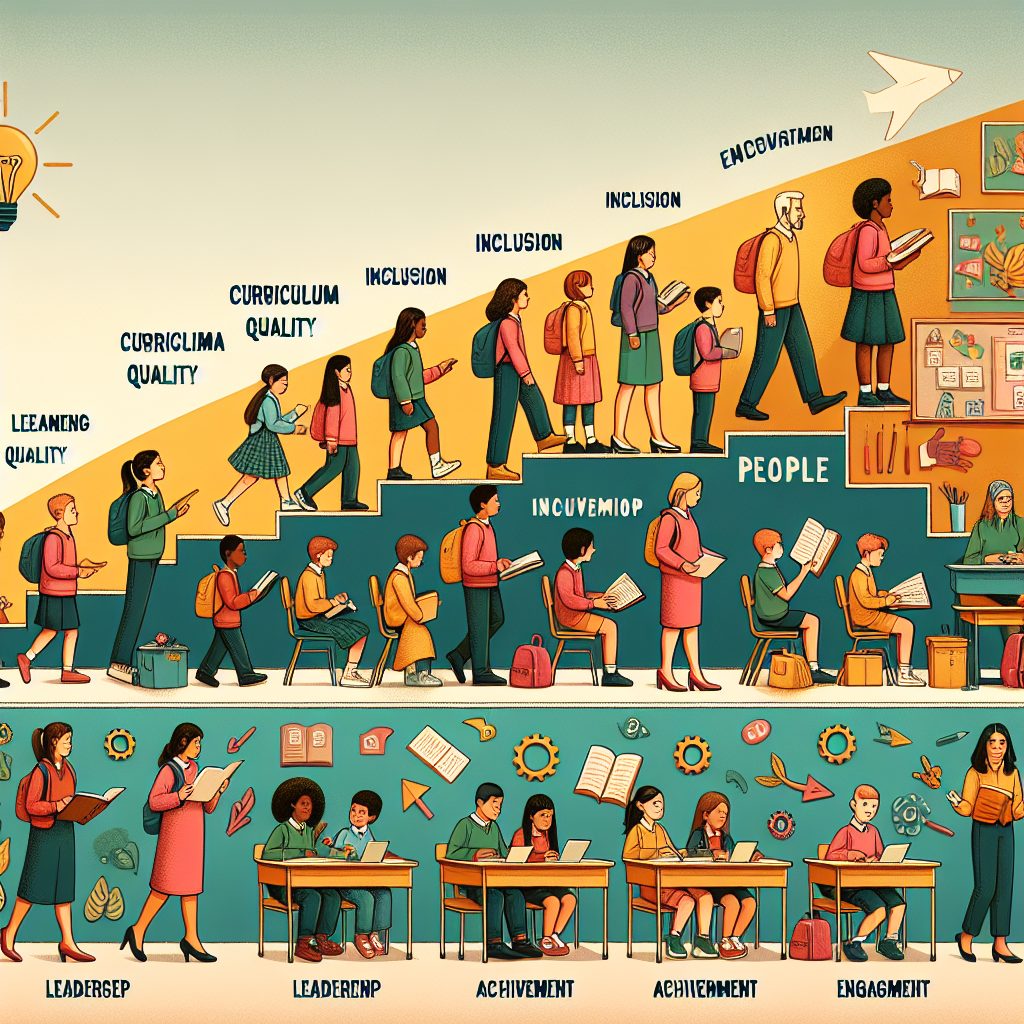
Aligning HR Strategies with Business Goals for Organizational Success

Why Aligning HR Strategies with Business Goals is Essential
Let’s face it: if your HR strategy isn’t synced with your business goals, you might as well be steering a ship without a compass. In this ever-changing landscape, keeping HR strategies aligned isn’t just advisable; it’s vital for real success. At City Skills, we’ve seen how businesses can thrive by adapting their HR approach to fit their broader objectives.
In today’s fast-paced world, organisations that take a reactive stance will inevitably lag behind. Think about it; can you really afford to be out of touch when the market is shifting beneath your feet? It’s not just about having a good HR plan anymore. It’s about making that plan so flexible that it bends and shifts as the tides change.
Flexibility: The Heart of Modern HR
Being flexible in your HR strategy is crucial. Why? Well, priorities can change overnight. One day, you might need to increase hiring because of an exciting new project. The next, you could be scaling back due to economic shifts. Your HR strategies should be nimble enough to keep pace with these changes. Otherwise, you risk missing out on talent or resources that could propel your organisation forward.
By being open to change, you’re not just reacting. You’re leading. This involves more than just tweaking documents or updating policies. It’s about fostering a culture where adaptability is embraced by everyone, not just HR. When everyone in the organisation understands the need for flexibility, success is much easier to achieve.
Collaboration: The Secret Ingredient
Now, let’s chat about collaboration. Are your HR teams working hand-in-hand with other departments? This synergy is vital. The most vibrant, successful organisations are those where communication flows easily. Involving other teams in HR initiatives can uncover invaluable insights into their needs and challenges. This isn’t just about filling vacancies; it’s about understanding the talent required to meet business goals effectively.
For instance, if a sales team anticipates a surge in customers, HR should adjust recruitment processes accordingly. It’s all about creating a feedback loop that ensures everyone is on the same page. When departments collaborate, solutions become more creative and effective. You’re not merely checking boxes; you’re working together toward a common vision.
Data: Your Best Mate
Ah, data—the not-so-secret weapon in modern HR strategy. Informed decisions are the bedrock of effective HR practices. With the right data, you can pinpoint skill gaps, assess employee satisfaction, and even anticipate turnover rates. Instead of guessing what your teams need, let the data tell you.
Implement systems that allow for easy analysis of HR metrics. This way, you can align your strategy with the company’s goals while being proactive rather than reactive. Remember, HR isn’t just about ticking boxes; it’s about building a workforce that thrives in sync with business aspirations.
Finding Common Ground
Reflecting on my own journey, I remember a time when I underestimated the power of alignment. A few years back, I noticed a disconnect between our HR strategy and business objectives. It was like watching a superbly crafted machine stall because a tiny cog wasn’t greased. We quickly rectified that focus by encouraging open discussions between teams, and the results were transformational.
So, as we navigate the complexities of our respective organisations, remember the importance of flexibility, collaboration, and data-driven decisions. Aligning HR strategies with business goals is not merely a task; it’s a promise of growth, innovation, and success.
What changes have you noticed in your HR strategies?
I’d love to hear your thoughts. What’s been working for you? Have you faced challenges that forced you to rethink your approach? Drop a comment or let’s have a coffee chat, and perhaps we can navigate this landscape together.



